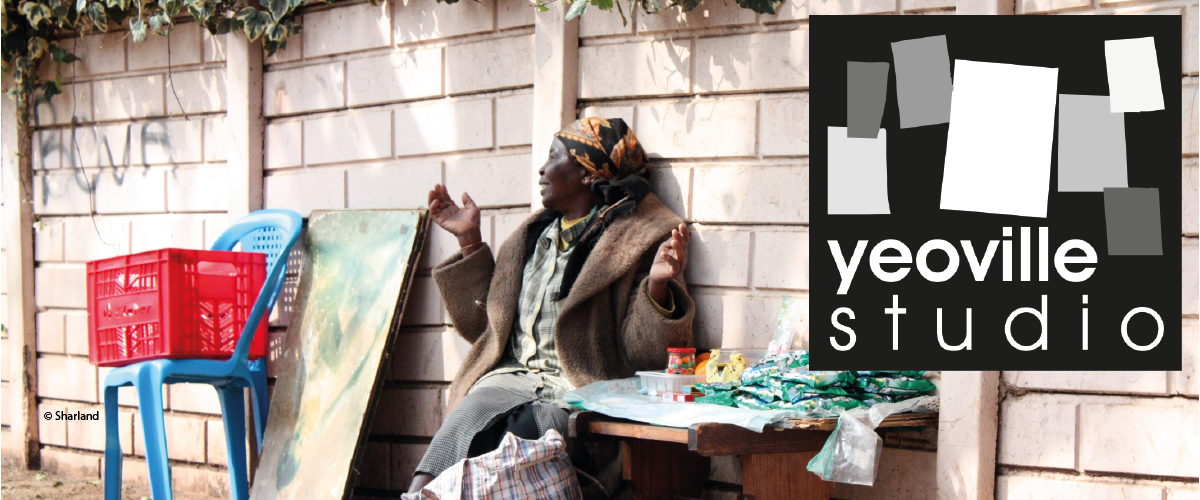
PUBLIC SPACE AND STREET TRADING
Public open space is an essential part of vibrant and healthy community. The focus on public space aims to identify opportunities for expanding the public domain within Yeoville for all its residents. Yeoville's specificity is the vibrancy of its streets and its dense social network; however public space is also marked by some feeling of insecurity and lack of maintenance or management. Wits students and staff, together with Yeoville residents and users, have been looking at public spaces challenges while enhancing the specific qualities that make Yeoville unique.
It implied looking at Yeovillites' practices in their everyday life, and how they navigate, use, circumvent, invent, a multiplicity and variety of public spaces in Yeoville: its reknown infrastructures such as the Yeoville swimming pool and the brand new library, the Recreation Center and Yeoville small public parks; its commercial nodes, on Rockey Raleigh, around the market, on Bedford Street, and elsewhere; its more informal public spaces such as the Ridge, the highly pedestrianised streets under the shadow of Jacaranda trees, its many street corners, houses frontyards or wide pavements appropriated by multiple uses.
The Studio also developed a particular focus on the issue of street trading, both in its main street Rockey-Raleigh but also in the rest of the neighborhood where spaza shops abound. Yeoville is a highly commercial neighborhood - with increasing mixed land uses, that tends to be seen by contemporary planning as a dynamic conducive to interesting developmental opportunities. Some residents deplore it, seeing the end of the residential character of the suburb as social decline, and fearing informalisation, lack of management and rise in congestion, litter, and potentially crime levels. Others understand the need for street trading as workers or as customers, and even may appreciate the benefit their presence provides in street life - liveliness, animation, a form of safety. Yeoville Studio researched these complex dynamics, attentive to livelihoods and inclusive development but also to social aspirations for collective management and local regulation.
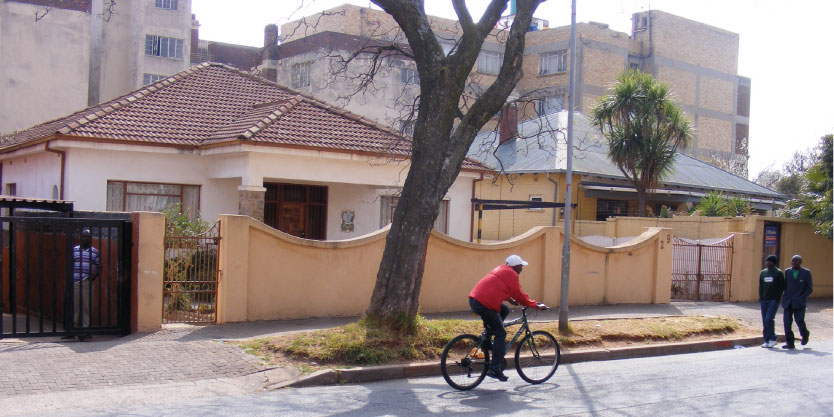
Muller street portrait
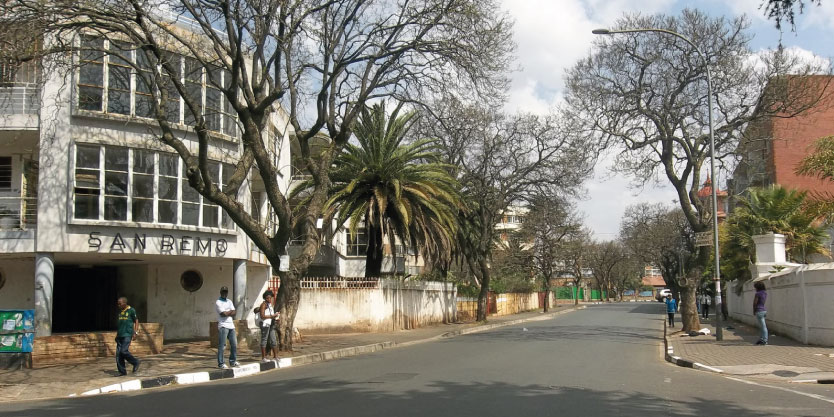
Natal/Saunders street portrait
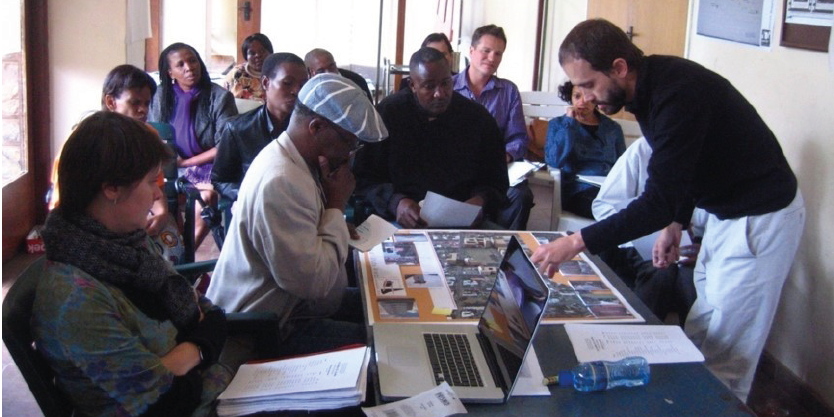
Accessible City Studio: Redesigning public places
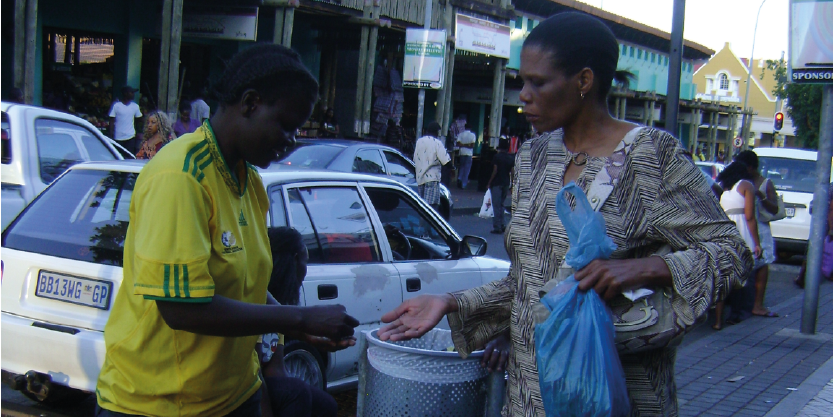
Integrated Planning Project
Vacant lots
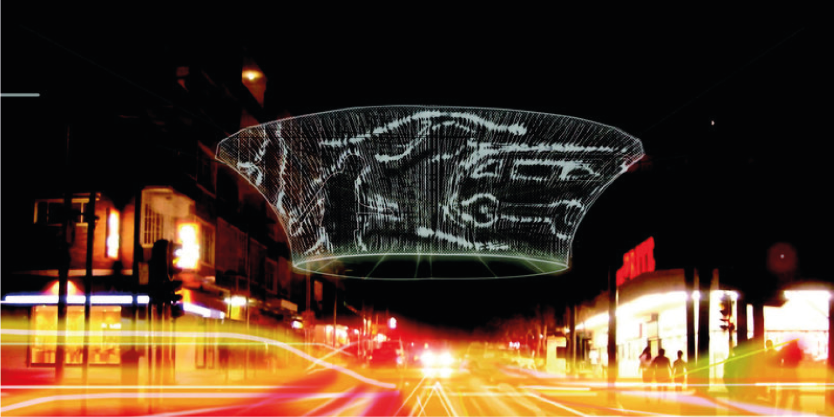
Yeoville extravaganza
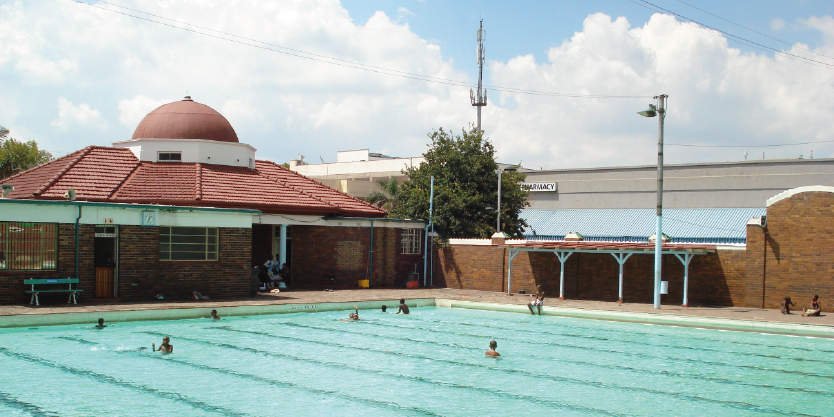
Everyday life in Yeoville
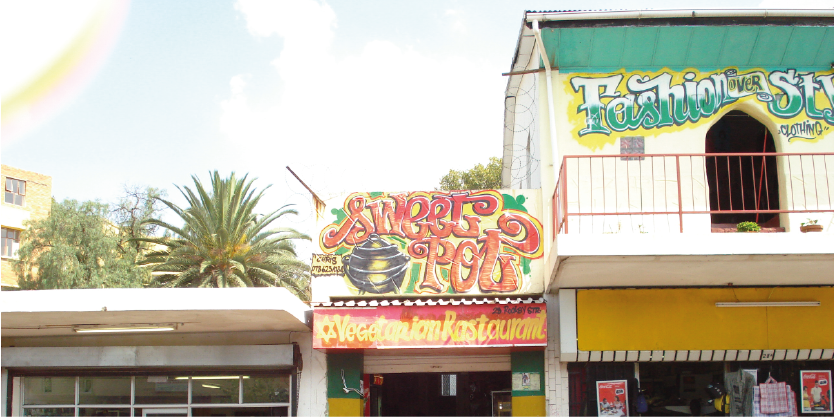
African restaurants: a guide
Street Trading
Research done in 2010 on trading issues in Yeoville became of high policy and political relevance in 2011, when the City of Johannesburg embarked in a consultative process with street and market traders, as well as local NPO (and Yeoville Studio partner) YBCDT, to look for acceptable solutions for trading in Rockey-Raleigh street.
Yeoville Studio participated as an observer in a series of Trading Task Team meetings from January to March 2011, where it presented its findings on perceptions of street traders and on market trading issues. It further publicized its results in a special issue of Yeovue News, calling for further debate on the fate of street trading in Yeoville. Because street traders were the least organized of the Trading Steering committee’s participants and had not the resources to consolidate a proposal (as had done the market traders on the one hand, YBCDT on the other), Yeoville Studio proposed to facilitate a workshop for street traders to put together a Street traders manifesto and proposal. This street traders’ proposal was presented in the Trading Steering committee. However, due to a number of contests within the Steering committee and the upcoming of local government elections, this process was suspended.
Yeoville Studio also presented the findings from the Yeoville case to the City of Johannesburg. It proposed to facilitate a workshop to translate the findings into a debate on sets of recommendations. Yeoville Studio continued to engage with the City of Johannesburg, regularly attending the Informal Traders Forum. In this context, Yeoville Studio supported COSATU in its endeavor to facilitate a common input by street traders into the Growth and Development Strategy, a participatory initiative spearheaded by the City, in September 2011. This led to a street traders position that was signed by a number of street traders leaders. Further engagement was developed, based on Yeoville Studio’s growing partnership with SANTRA (South African National Traders and Retailers Alliance), at the Gauteng Legislature, where Yeoville Studio participated in a stakeholders’ workshop called by the Economic Development Portfolio Committee in February 2012.
In parallel, Yeoville Studio continued to support attempts to find solutions for integrated trading in Yeoville. It facilitated the development of the Yeoville Studio vision, aimed at driving a community-led, participatory process for integrated trading in Yeoville. With SANTRA, it produced an inner city trading tour. It investigated a variety of street trading models as a basis for discussion for the Coalition’s future endeavors. This included the exhibition of prototypes of street vending stalls that would not obstruct pedestrian flow and similar issues.
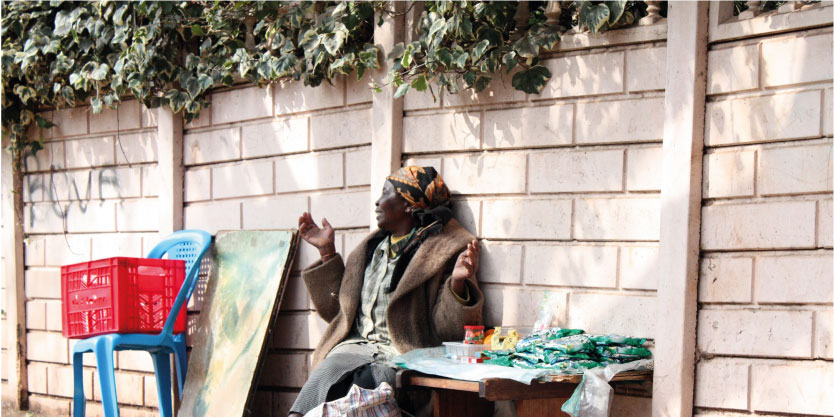
Street trader portraits
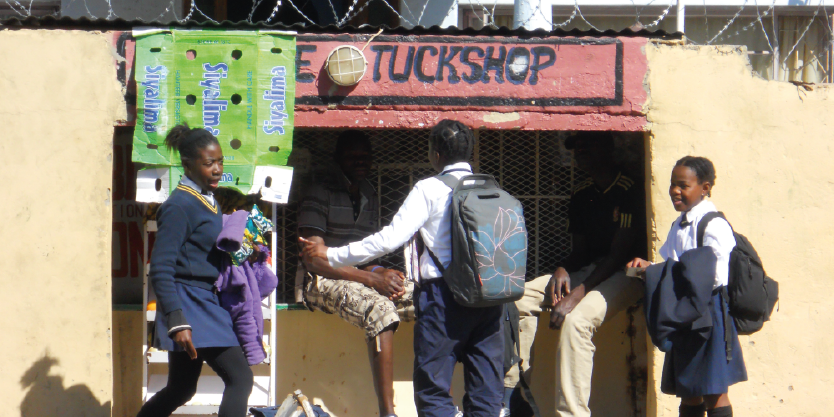
Spaza shop stories
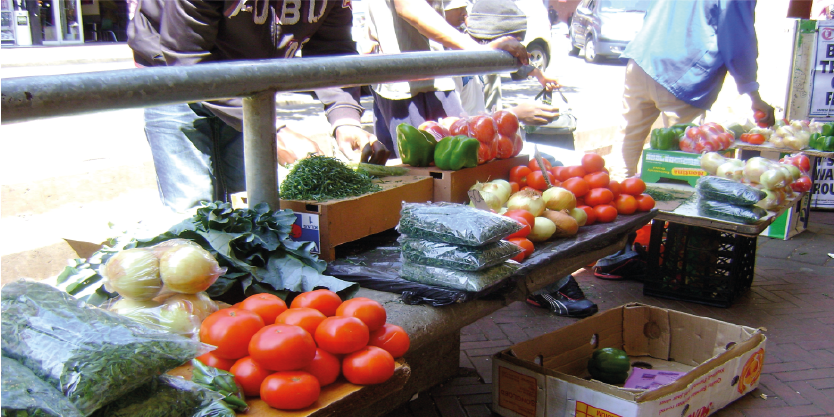
Tomato stories
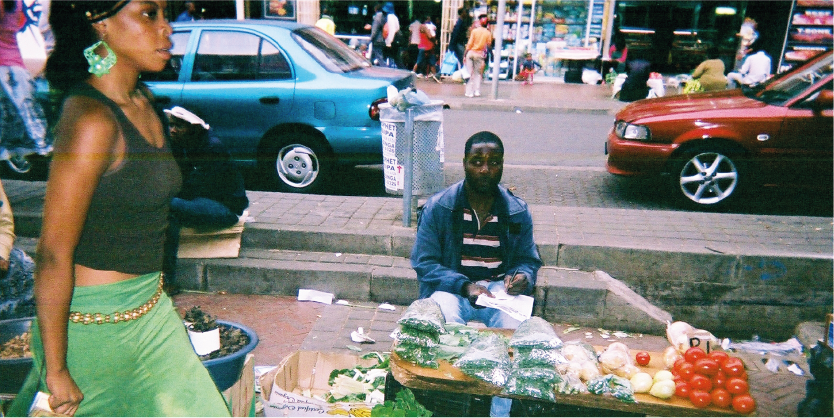
Perceptions of street trading
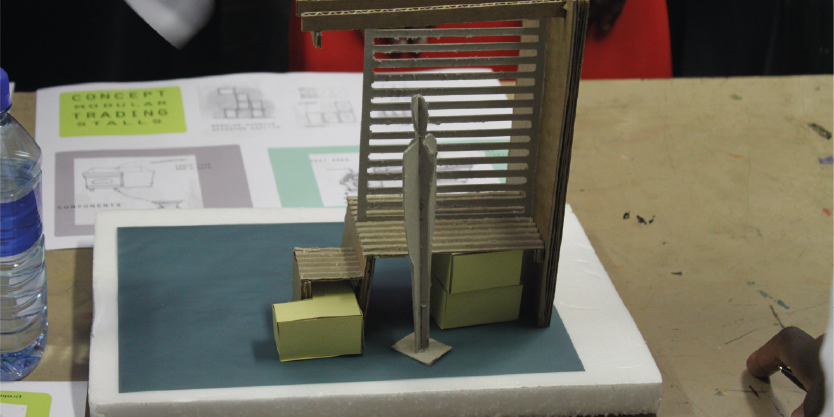
Designing street trading stalls

Integrated trading models
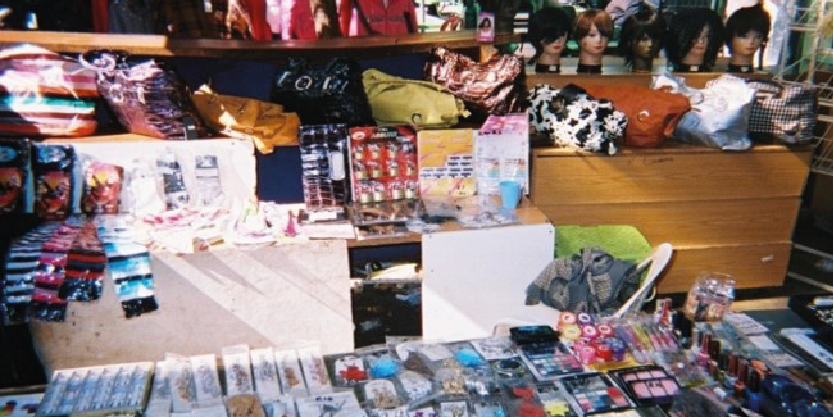
Findings on Trading in Yeoville


